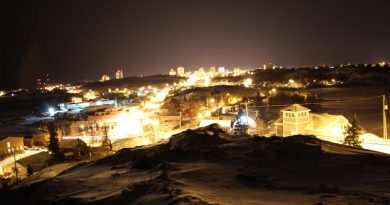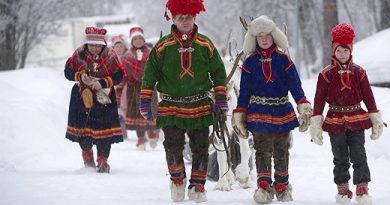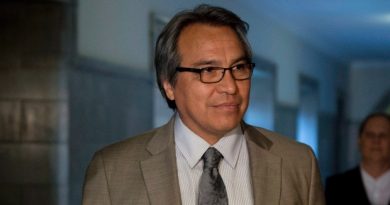Education, environment & Russia in the spotlight – Arctic news roundup 2020 with Marc Lanteigne
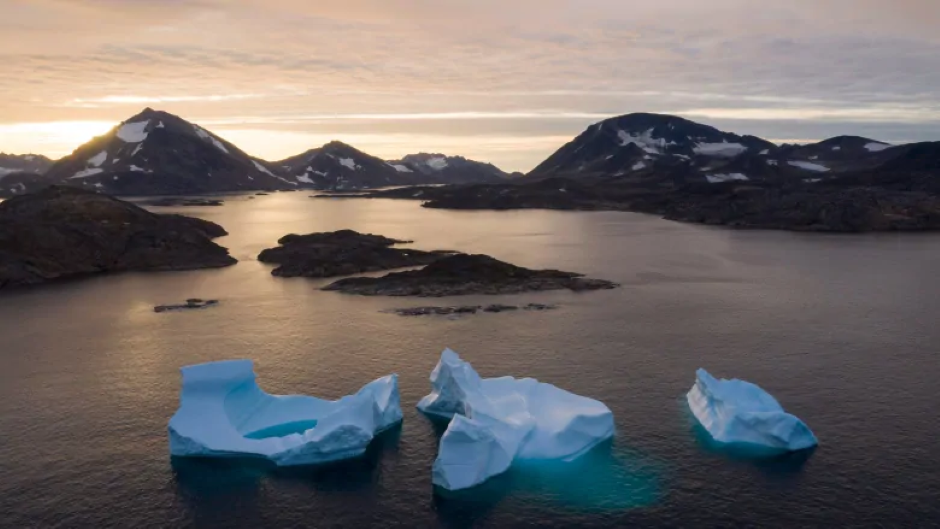
The end of the year is often a time to take stock and here at Eye on the Arctic, we’re no different.
In our 2020 edition of our annual Arctic news roundup, we’ve checked in with Arctic experts from around the world who’ve contributed their blogs to Eye on the Arctic/Regard sur l’Arctique.
In the final installment of this year’s series, we speak to Marc Lanteigne, an associate professor of political science at the University of Tromso – The Arctic University of Norway, and the chief editor of the Arctic news blog Over the Circle.
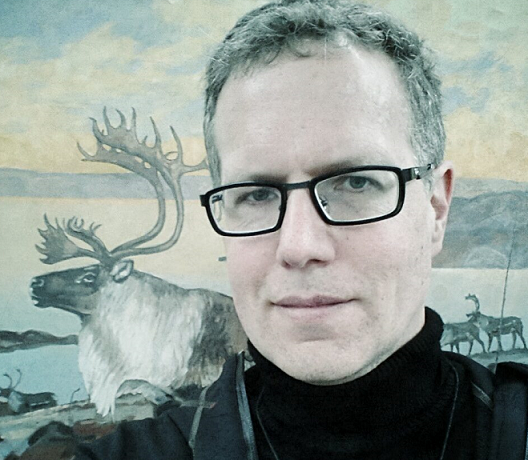
- Eye on the Arctic: COVID-19 and the pandemic dominated headlines, Arctic and otherwise, around the world in 2020. What impacts will the pandemic have on the Arctic in the months to come?
When it started at the beginning of the year there was a sense that Arctic communities were largely being spared from it, and potentially even isolated from it because of geography. But we’ve seen that change over the last few weeks, especially in Nunavut and Yukon, where that proved not to be the case. And it really shows, that when it comes health issues, especially something as serious as this year, that Arctic communities are very much connected to the South.

The other biggest kind of effect of the pandemic has been in terms of education. Many educational institutions and educational projects in the North were affected by the fact that people’s mobility was shut down very quickly. In many cases, students had to go online, something that really underscored the problem of connectivity, and especially internet service, to many northern communities. So I think that’s going to be a priority once the health situation improves. When we talk about Arctic development and nurturing Arctic economic opportunities, internet is not a component you can leave out.
2. The administration of U.S. President Donald Trump was a wildcard in terms of Arctic politics over the last four years. What will you be watching for from the Biden administration in terms of the Arctic?
In regards to U.S. Arctic policy, a lot of it has no where to go but up.
In the first years of the Trump administration, the Arctic was nowhere to be found. But then we started to see a very blunt attempt by the U.S. to completely change the narrative around serious issues like climate change and regional cooperation to hard power politics and a very strong focus on the United States wanting to put forward its own policies in the region at the expense of a great deal of cooperation. That was regrettably very well illustrated by what happened at the Arctic Council ministerial in Rovaniemi where we had U.S. representatives denigrating other members and observers and essentially refusing to acknowledge climate change as an Arctic issue.
So the arrival of the Biden administration will be quite positive in the sense that there’s already been promises that the U.S. will rejoin the Paris climate agreement. I also think there’s a very strong sign that the U.S. will again be looking at climate change cooperation with Arctic actors much more seriously with the understanding that the zero sum approach that was the hallmark of the Trump Arctic policy is simply not workable and has no future given the very serious challenges the region is facing right now.
3. What two Arctic stories or issues do you feel got pushed into the background in 2020 and shouldn’t have been?
First and foremost, we’ve seen an increase in signs about the specific effects of climate change in the Arctic. I’m talking about events such as serious loss of permafrost, very serious forest fires in Siberia. Much of this is testing new boundaries in terms of effects on the environment. There’s also been new studies, including one by the NAOO Arctic report card, that said that we’re taking about a very dramatic change in milieu in the Arctic in the space of a few decades caused by climate change and caused by ice erosion. We’ve also seen reports that temperatures during the summer of 2020 in the Arctic were reaching near record levels. And that the trends do not looking promising to the point that we might see an ice free Arctic by 2035. All this was reported, but in light of the pandemic, and a significant amount of attention being paid to the U.S. election, I don’t think it was given the same amount of attention or that the reports had the impact they would have had otherwise.
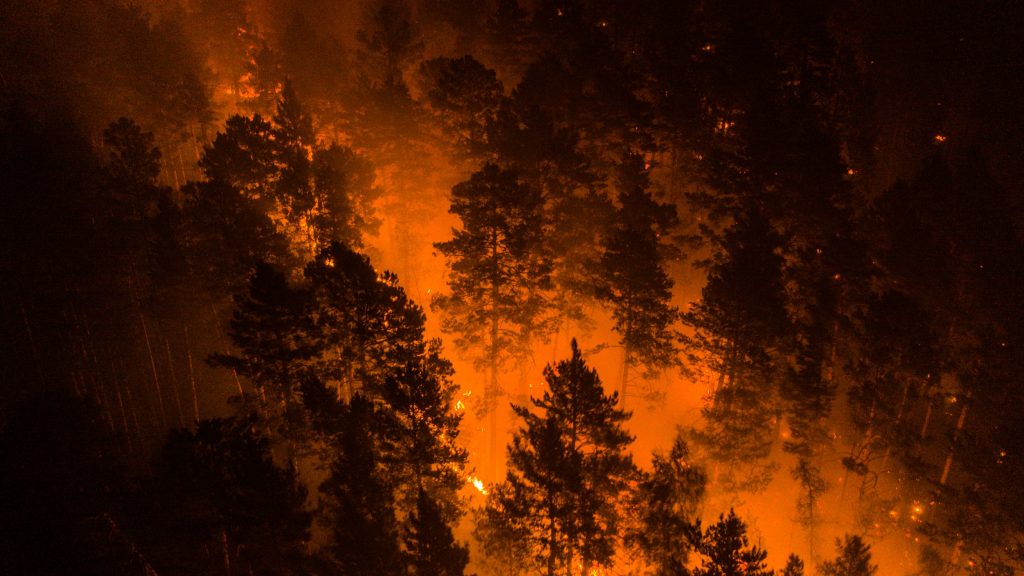
Another Arctic story that’s been floating in the back ground but hasn’t been given the kind of attention that it would have under other circumstances, is Russia’s series of very ambitious plans to develop Siberia and the Russian Far East. There’s been some very specific plans to help with human development and the development of oil and gas projects, other forms of economic development such as small and medium business as well as development of the Northern Sea Route. But the other side of the coin to this story is that Russia is also getting a series of very nasty wake up calls in terms of the environmental affects on the Russian Arctic that may disrupt those plans. One of the questions is, what will Russia do with that growing evidence?
4. What Arctic stories or issues will you be closely following in 2021?
On the international front, I’m very interested to see what’s going to happen at the Arctic Council ministerial. The plans are to hold it in Reykjavik. They say they want an in-person event, but we’ll have to watch and wait until their announcement in January.
They’ll be a lot of attention on Russia taking the baton at the end of that meeting. They’ll be a lot of attention paid to the U.S. to see what kind of turn U.S. policy is going to take after what happened in 2019. But there’s also going be a lot of discussion about new ideas about education, about technology, and about the use of the internet. This has been bandied about for quite a bit, but how will it translate into actual Arctic Council policy? I think that is also going to be looked at very carefully.
We also have two European governments, Estonia and Ireland, that are interested in becoming Arctic Council observers. So this will probably revive talk about what the role of observers should be. Especially since we have current observers like the UK, Japan and Germany that are starting to kind of nudge a bit about what the role of a non-Arctic state should be. These countries have said: ‘Well there’s things going on that are starting not only to affect our environment, but our security, and we’d like a little better say in what’s happening here.’ So how that is going to work? Especially if we start to see more observers admitted, this is going to be very key. So I definitely think that meeting in Iceland, whether virtually or in person, is going to be getting a lot of attention.
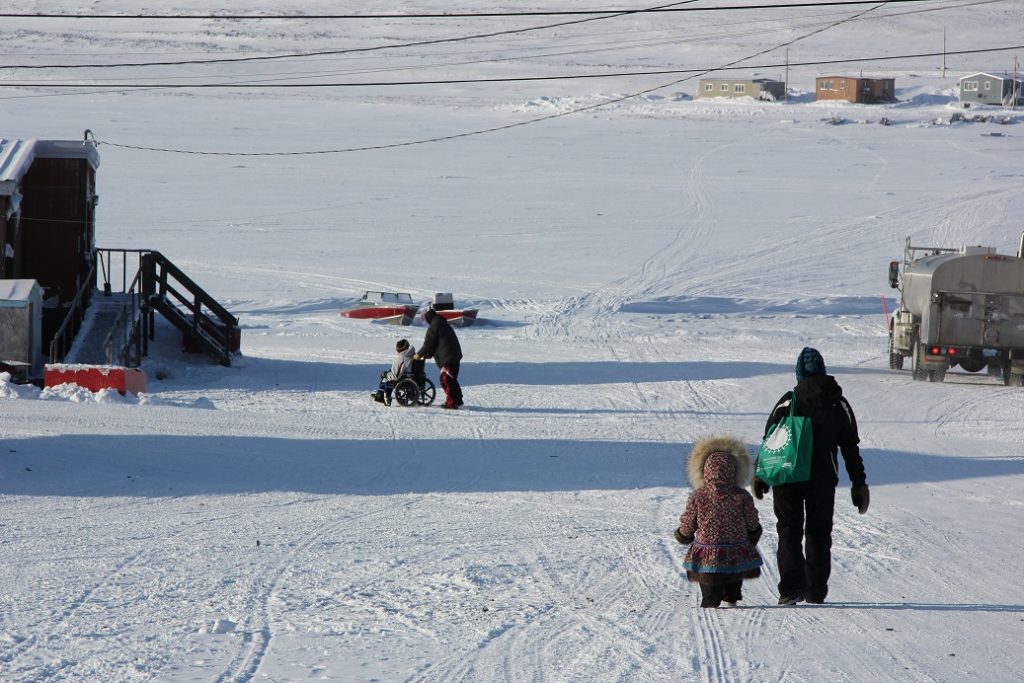
Canada is also going to have to start thinking very seriously about its priorities relative to its own Arctic lands. The Arctic policy framework came out and it had a lot of very interesting ideas but there’s the concern that a lot of events in the Arctic are going to run ahead of what Canadian plans are. And that includes things like increased traffic in the Northwest Passage, the possibility of greater international interest in the Arctic from China. How will Canada respond to that? It goes to what I said earlier about the need for better education, development and economic opportunity in Arctic.
We haven’t heard the end of that story.
The above Q&A has been edited and abridged.
Write to Eilís Quinn at eilis.quinn(at)cbc.ca
Other links in our 2020 Arctic year in review series:

